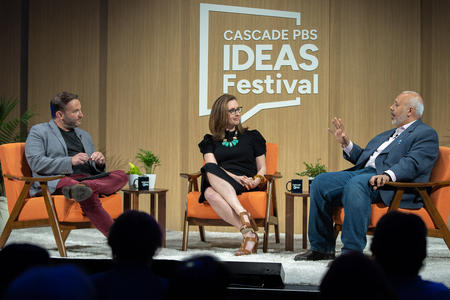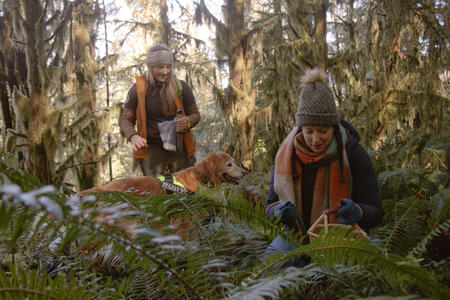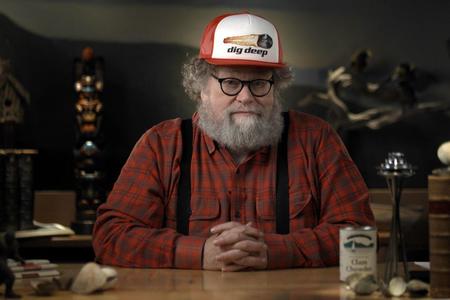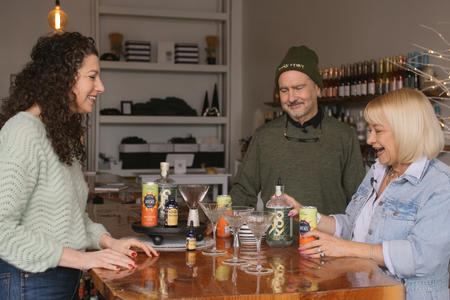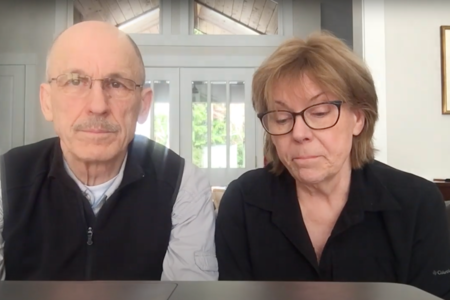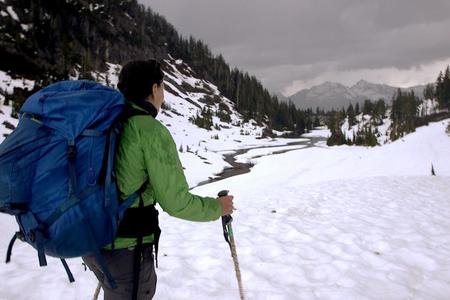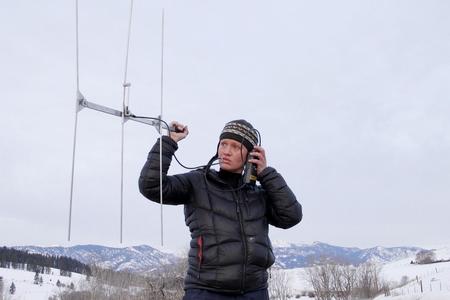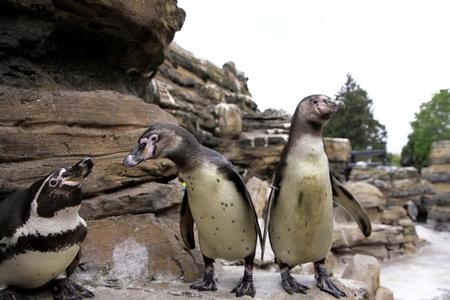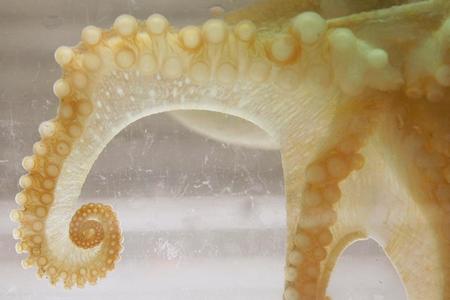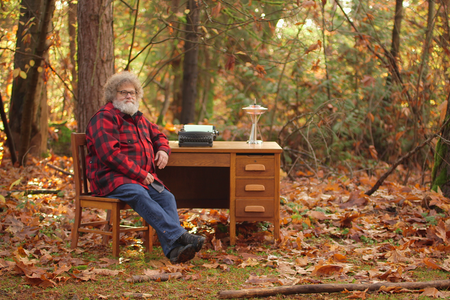The Black Arts Legacies video series highlights the vital role of past and present Black artists in Seattle.
True stories from the greatest place on Earth.
The Nosh with Rachel Belle explores the eclectic and delicious culinary scene of the Pacific Northwest through lively and curious storytelling. Hosted by longtime Seattle journalist Rachel Belle, host of the James Beard Award-nominated podcast Your Last Meal.
From the need-to-know to the want-to-know, news highlights, interviews and more.
Alison Mariella Désir explores the Pacific Northwest with the change-makers who are reclaiming space, creating awareness and delivering access for the health and well-being of BIPOC communities in the region.
Made There features small business owners and their stories of creating local craft, food, and beverage products that celebrate the Pacific Northwest.
The world of science is full of facts and figures ... and people.








